Unleashing the Power of Testamentary Trusts: Demystifying Legal Jargon for a Secure Future
As Melbourne estate planning lawyers, we are all about giving the best advice to our clients and setting them up with the best structures to best preserve their assets and provide for their loved ones in the future.
One of the estate planning tools that we have to offer our clients are testamentary trusts.
Testamentary trusts, testamentary discretionary trusts, TT, TDT - the legal terminology can be overwhelming, but at their core, they all signify a trust established in a will, springing to life after the willmaker's passing. Testamentary trusts bear striking similarities to family trusts, technically known as discretionary trusts, but they hold a unique quality: they remain dormant until the appointed time.
Trusts function by separating asset control from benefit ownership. The trustee, entrusted with the assets, bears the responsibility of managing the trust's day-to-day affairs and ensuring its proper administration.
Outline of the roles in a trust
An effective testamentary trust boasts a multitude of potential beneficiaries, granting the trustee complete discretion over each beneficiary's entitlements. This discretionary nature serves as a robust safeguard for asset protection. Since no beneficiary owns the trust assets outright, it becomes challenging for anyone to claim sole ownership.
Here's the real magic: a trustee can also be a beneficiary, wielding the power to allocate benefits to themselves or their family members. On the other hand, if you're a beneficiary without trustee status, your entitlements rely solely on the trustee's discretion.
Yet, testamentary trusts offer more than just asset protection. They unlock unparalleled tax flexibility, a unique advantage only available when a trust springs to life due to the passing of a loved one. Trusts act as flow-through vehicles for tax purposes, meaning the income earned annually from trust assets must be distributed to beneficiaries, who are then taxed based on their individual marginal tax rates. This enables trustees to allocate income to beneficiaries with lower tax rates, optimizing tax efficiency.
But there's a game-changing twist: testamentary trusts present an exclusive benefit unmatched by any other trust. Beneficiaries under 18 are treated as adults for tax purposes, allowing them to receive approximately $22,000 tax-free annually.
In essence, testamentary trusts not only preserve your legacy but also serve as powerful tools for protecting assets, providing financial security, and maximizing tax advantages for your loved ones.
Now that you've unraveled the mystery of testamentary trusts, it's time to take charge of your legacy and secure your family's future. Speak with an experienced estate planning attorney today to establish a testamentary trust tailored to your unique vision.
Key benefits of a testamentary trust
Below are two examples of how a testamentary trust would work for you:
-
A testamentary trust is a very powerful tool for families with young children.
Your surviving spouse might re-partner after you pass away (after a suitably long mourning period) but the inheritance you leave your family will be protected for your children in the trust away from the influence of any new partner and protected from any future family law risks.
If you and your spouse both pass away together, your children won’t automatically get their hands on their inherence when they turn 21 (which is the case if you don’t use a testamentary trust). You can choose who is responsible for making financial decisions about the inheritance until the children reach financial maturity. How many people have you heard of who came into their inheritance far too early and wasted the lot?
The tax treatment could make a huge difference to your family’s financial wellbeing.
-
If you have adult children, you should consider leaving an inheritance to them through a testamentary trust, rather than as a direct gift. If you choose, your child can still control ‘their’ testamentary trust (so it looks and feels like their money), but using the testamentary trust will give them the following advantages:
The inheritance you leave your child is significantly less likely to be exposed to any family law risks if your child separates or divorces.
If your child is in a high risk occupation (e.g. carrying on a business, a director, or at risk of negligence - hello engineers, lawyers, doctors, accountants, health professionals etc!), then the inheritance you leave your child could be exposed to those risks if you do not use a testamentary trust. A testamentary trust protects the inheritance from any bankruptcy claims.
The tax treatment could amplify the impact of the inheritance, because they can access tax free income to pay for their children’s (i.e. your grandchildren’s) living and education expenses.
Embrace the power of testamentary trusts, and let your love and foresight resonate through the generations. You can instruct Grice Legal any time by clicking on the link below to access our online client intake form to get started.


